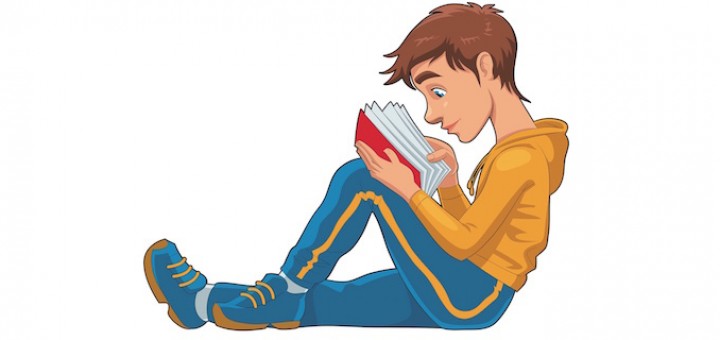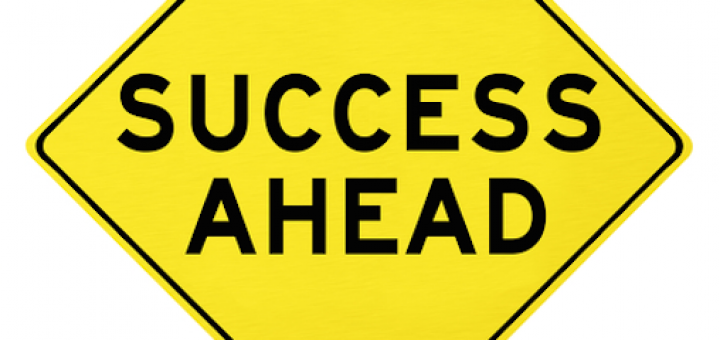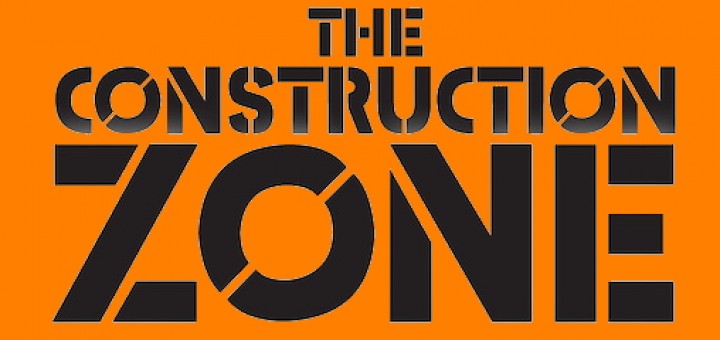Teaching and learning in grades 4-8
In The New Teacher Revolution, Josh Stumpenhorst explains how the current system education is not working and offers specifics on things that teachers can do in their own classrooms to address these challenges. Laura Von Staden recommends the book to all teachers.
Ivannia Soto guides educators teaching oral language skills and writing in the content areas to integrate CCSS writing goals with strategies that deepen learning among English language learners. Literacy coach Glenda Moyer recommends the book highly.
“High expectations” shouldn’t be about teaching obedience or expecting cookie-cutter work from all students. Middle school educator Cheryl Mizerny offers her take on teacher attitudes and practices that help or hinder student efforts to achieve their very best.
Much of the ISTE discussion this year focused on the best ways to use technology effectively, says MS teacher and tech enthusiast Patti Grayson. To celebrate, Grayson offers 5 examples from her own classroom of the best times to bring out the digital tools.
Each of these 20 English Language Arts-oriented articles (dating back to 2012) has enjoyed thousands of reads since it was first published at MiddleWeb. From closer reading to better writing, we hope you find some helpful ideas and inspiration for the new school year!
Holding a clear sense of vision and purpose for the school is important for the principal. Ronald Williamson and Barbara Blackburn share leadership tools to help develop a personal vision and then work collaboratively with the school community to develop a shared vision.
Written from the experiences of two veteran teachers, Empowering Families is the most useful guide in promoting student literacy at home that 4th grade teacher Alex T. Valencic has ever come across. He plans to share its many suggestions with teachers and parents this fall.
Now is the perfect time to read The First Six Weeks of School, 2nd Ed. from Responsive Classroom. Reviewer Linda Biondi finds even more to use in the new edition of a book she has incorporated into her smooth-running 4th grade classroom for years.
Why blog? Starr Sackstein provides lots of reasons in her book, Blogging for Educators: Writing for Professional Learning. Sackstein also shows how to set up a blog. Reviewer Mary Langer Thompson recommends the book for teachers who can’t keep themselves from writing.
Teacher-consultant Terry Thompson, author of The Construction Zone, defines four elements of good instructional scaffolding and uses the example of teaching a kid to ride a bicycle to demonstrate why a clear focus on learning targets is a critical first step.






































